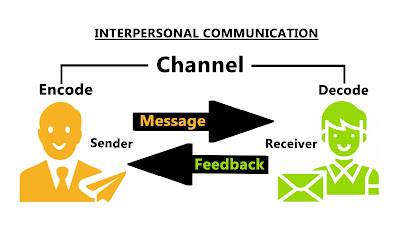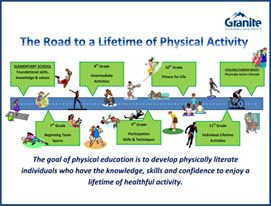Sports And Nutrition
Balanced diet and nutrition: macro and micro nutrients
Meaning of a balanced diet
A diet which consists of all the essential food constituents, viz, protein, carbohydrate, fats, vitamins, minerals and water in correct proportion is called balanced diet.
Meaning of nutrition
Nutrition is defined as the science of food and its relationship with health.
Macro nutrients
Macro nutrients constitute the majority of individuals diet.
- Carbohydrates
- Proteins
- Fats
- Water
Micro nutrients
Minerals and vitamins are included in micro nutrients. Micro nutrients are required in very small amounts.
- Minerals : minerals are very essential in our diet. Our 4 percent of the body weight is made up of minerals. Minerals are required for healthy teeth, bones and muscles. Minerals are also used by body for various activities.
- Macro minerals- calcium, potassium, sodium, magnesium, phosphorus.
- Micro minerals- iodine, iron, chromium, copper, cobalt.
- Vitamins : vitamins are the chemicals which are required in very small amount to keep our body healthy
- Fat soluble vitamins- vitamin A, vitamin D, vitamin D
- Water soluble vitamins - vitamin B complex , vitamin D
Nutritive and non-nutritive components of diet
Nutritive components of diet
- Proteins
- Animal protein- the protein, which we get from animal products is called animal protein
- Vegetable protein- the protein which we get from vegetable is called vegetable protein
- Carbohydrates- generally it is found in rice, maize, jowar, bajra, pulses, gram, dry pea, dates, grapes, potato, banana, gur, sugar etc.
- Fats
- Animal sources- animals are also good source of fats. We get various products from animals such as ghee , butter, curd, fish oil , milk , meat and eggs.
- Vegetable sources- we also get fats from various vegetables such as dry fruits, coconut, soyabean,foodgrains , mustard oil, cotton seed etc.
- Vitamins
- Fats soluble vitamins - vitamin A , vitamin D, vitamin E , vitamin K .
- Water soluble vitamins- vitamin B complex , vitamin C.
- Minerals
- Calcium
- Phosphorous
- Iron
- Iodine
- Sodium
- Potassium
- Sulphur
Non nutritive components of diet
- Fibre or roughage
- Water
- Colour compounds
- Flavour compounds
- Plant compounds
Methods to control healthy body weight
- Set an appropriate goal
- Lay stress on health not on weight
- Cut your calories
- Active lifestyle
- Bring out support
- Yogic exercises
- Avoid fatty foods
- Avoid junk and fast foods
- Avoid overeating
- Don't eat frequently
- Avoid rich carbohydrate.
- Extreme reduction of calories
- Restriction on some nutrients
- Skipping meals
- Intake of calories through drinking
- Underestimating the calories
- Intake of labelled foods
- Not doing exercise
Food intolerance
Food intolerance is more common than food allergy. Food intolerance is a term used widely for varied physiological responses associated with a particular food.
Causes of food intolerance
It is caused by part or complete absence of activity of the enzymes responsible for breaking down or absorbing the food elements.
Symptoms
Food intolerance can cause nausea, stomach pain , diarrhoea, vomiting , flatulence,gas , cramps , heartburn , headaches , irritability , nervousness etc.
Food myths
- Potatoes make you fat
- Fat free products will help you in losing weight
- Eggs increase cholesterol levels so avoid them
Meaning of sports nutrition
Sports nutrition is the study and practice of nutrition and diet as these relate to performance in the feild of games and sports.
Food supplement for children
Food supplement means a nutrient that is added to your diet to nourish your body as you are not taking this nutrient in adequate amounts in your regular diet.
There is no doupt about the fact that food supplements play a vital role in proper growth and development of children
Precautions while taking food supplements
- First ensure that there is a lack of essential nutrient in a child's diet.
- Consult a doctor whether the child needs to take food supplement or not.
Symptoms



great info and we are supplying the best health product that is Multivitamins and Minerals Capsules
ReplyDelete